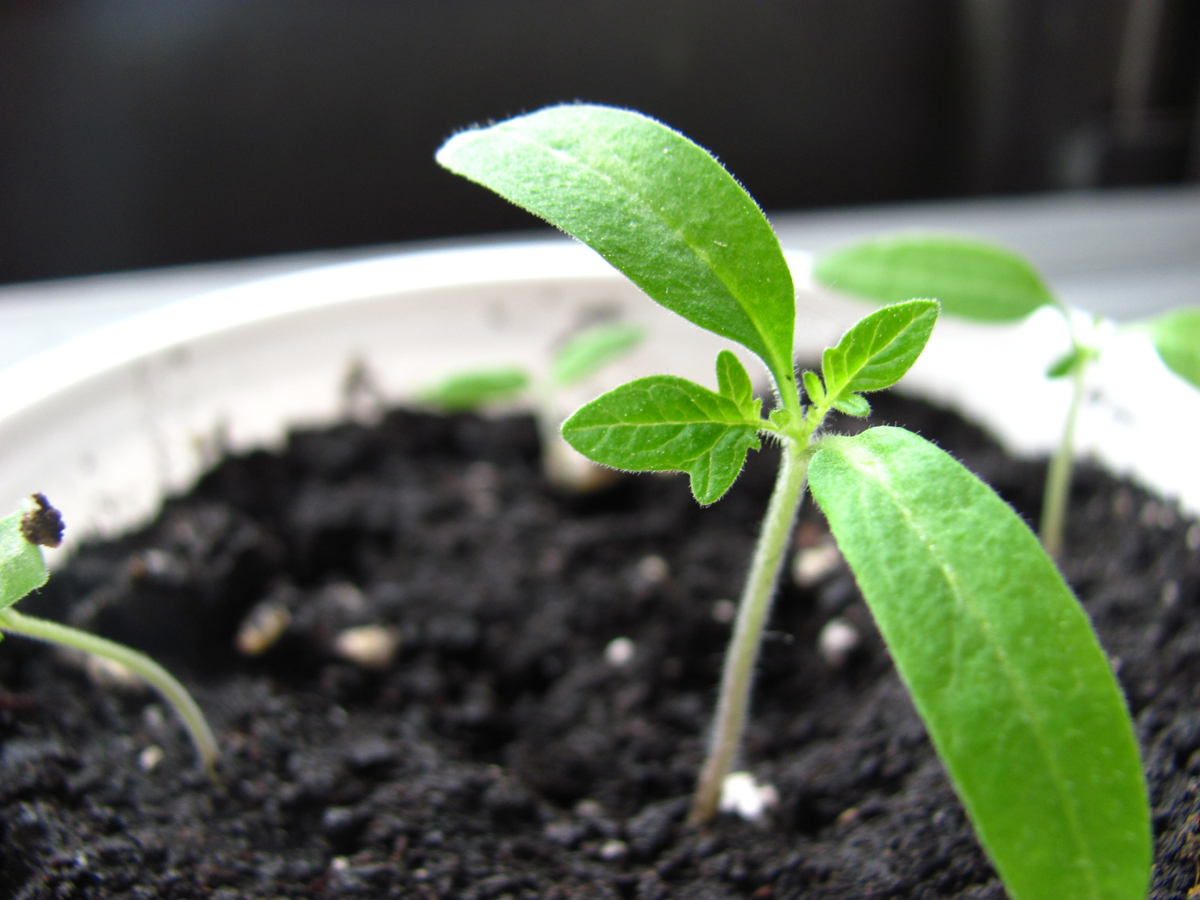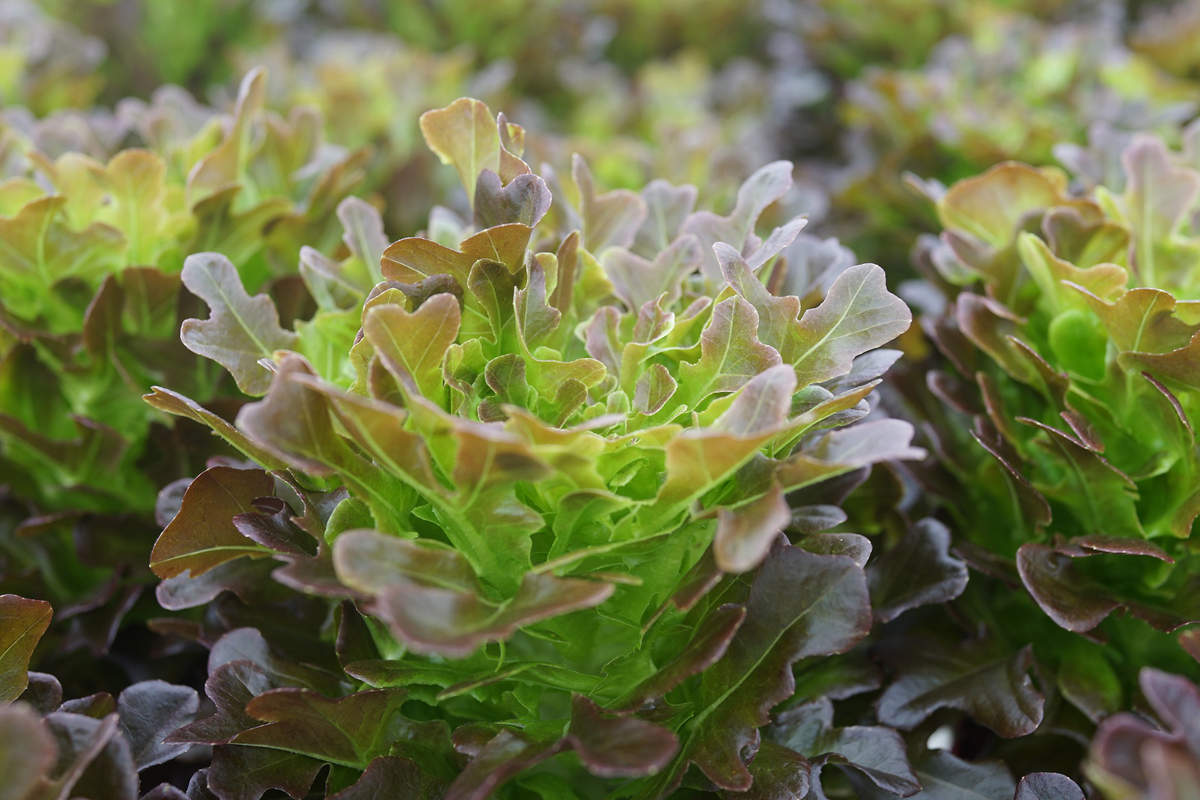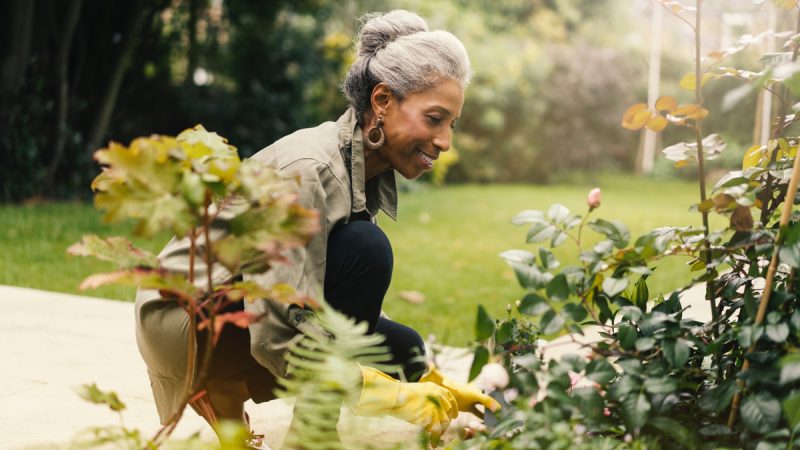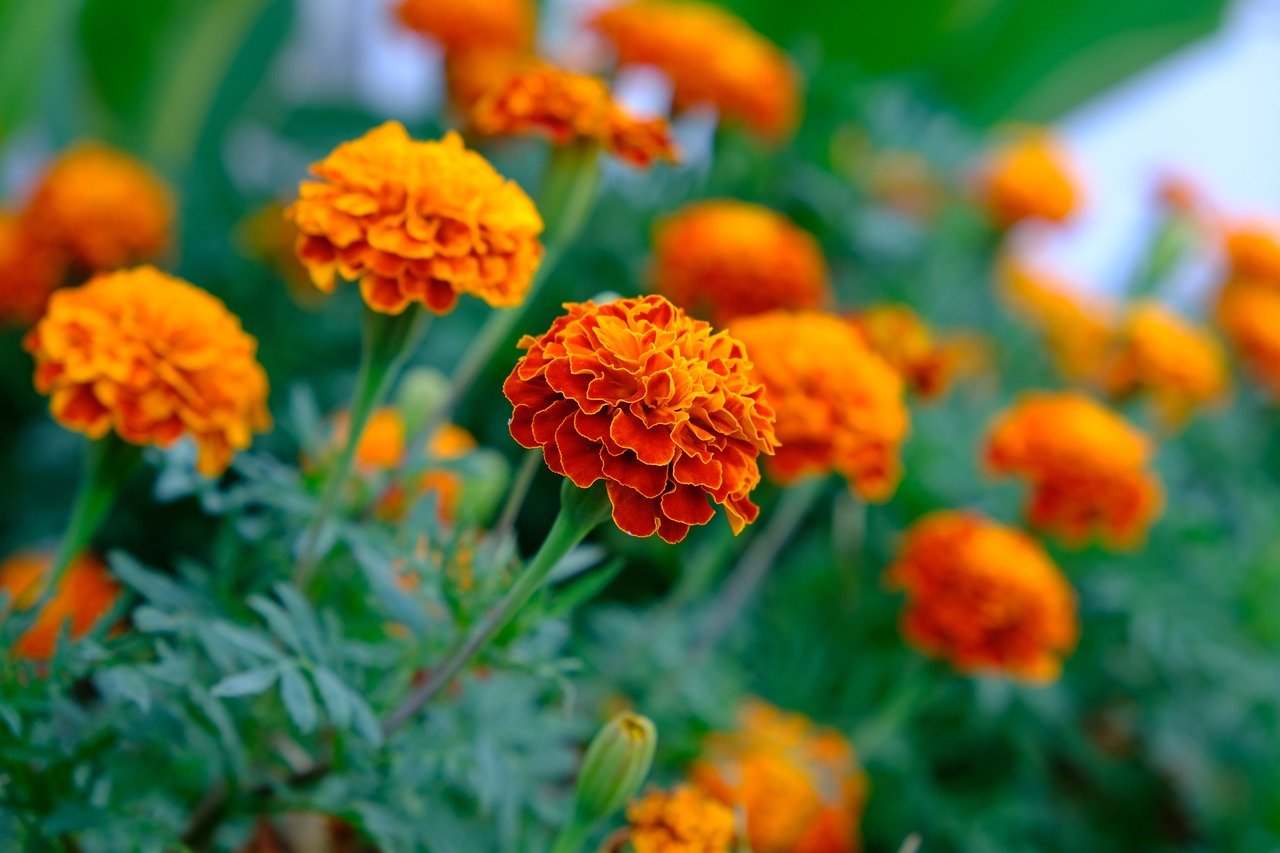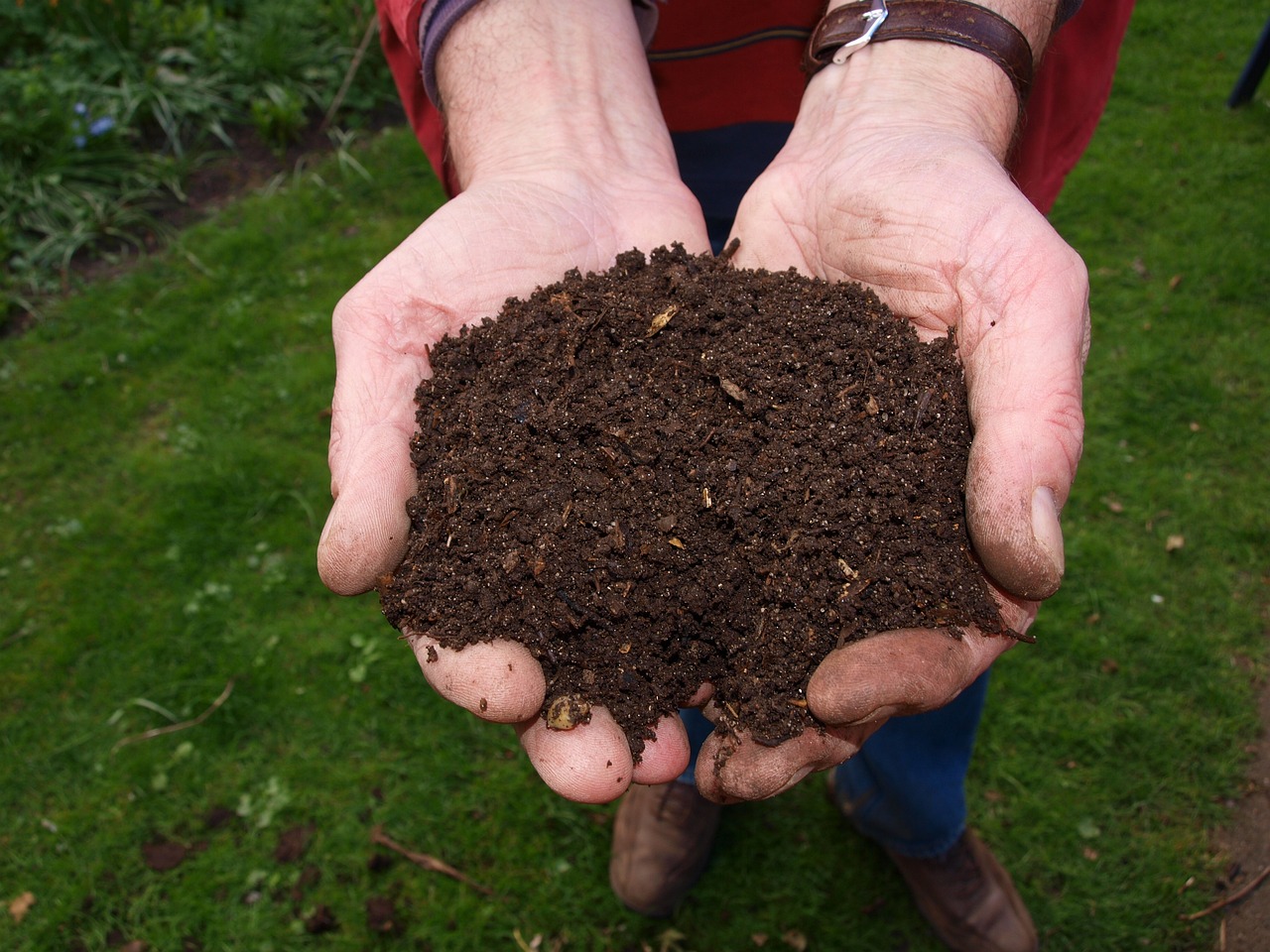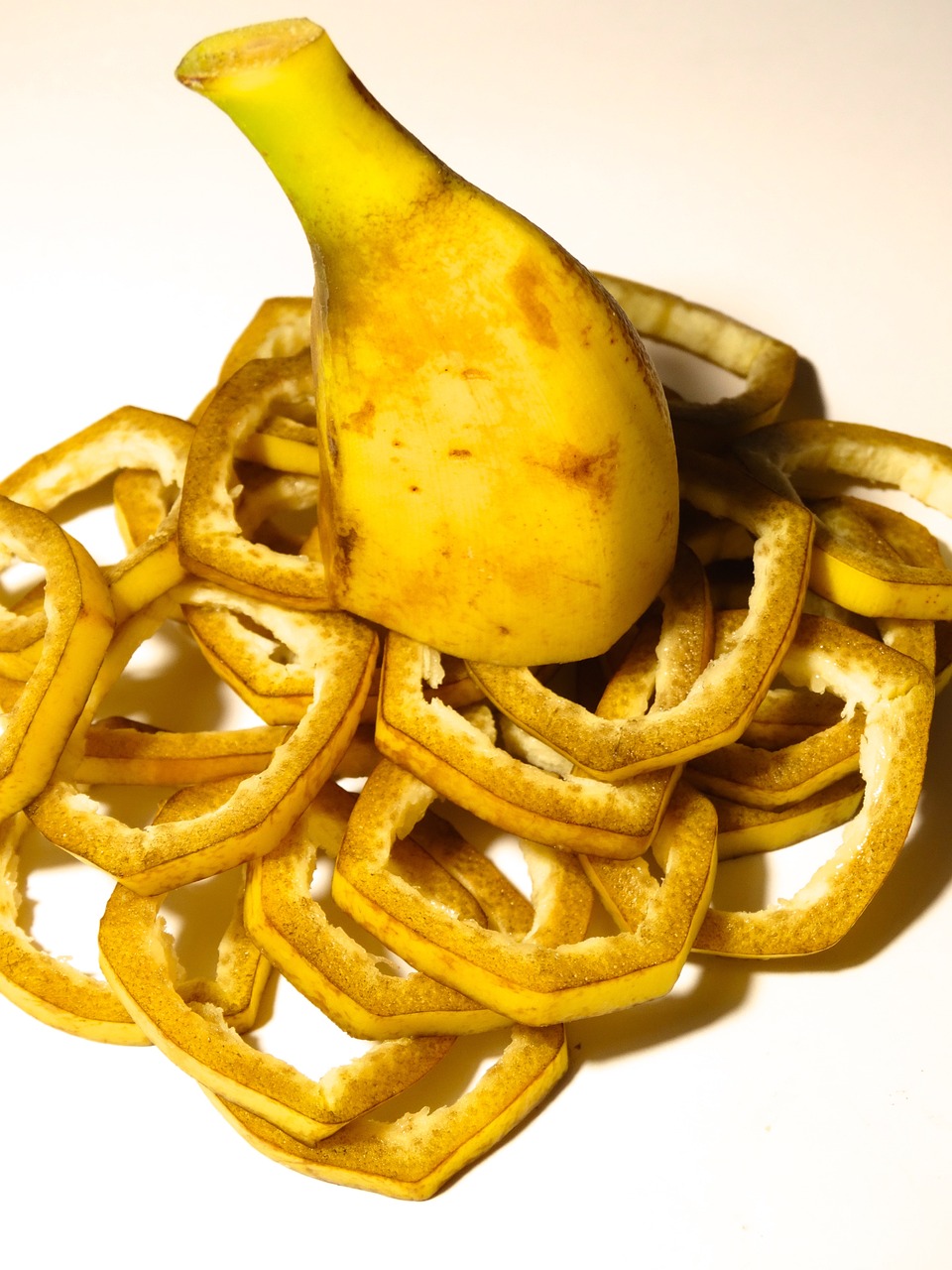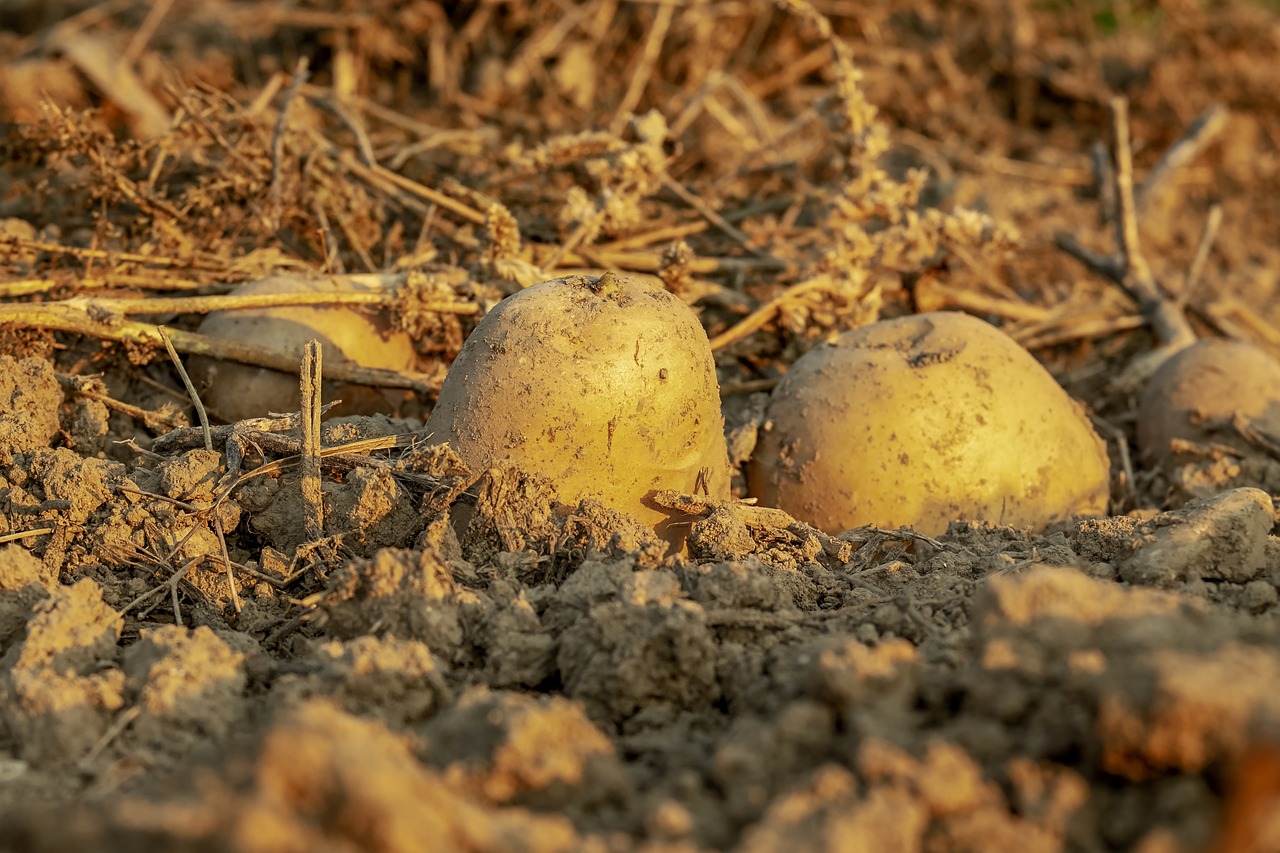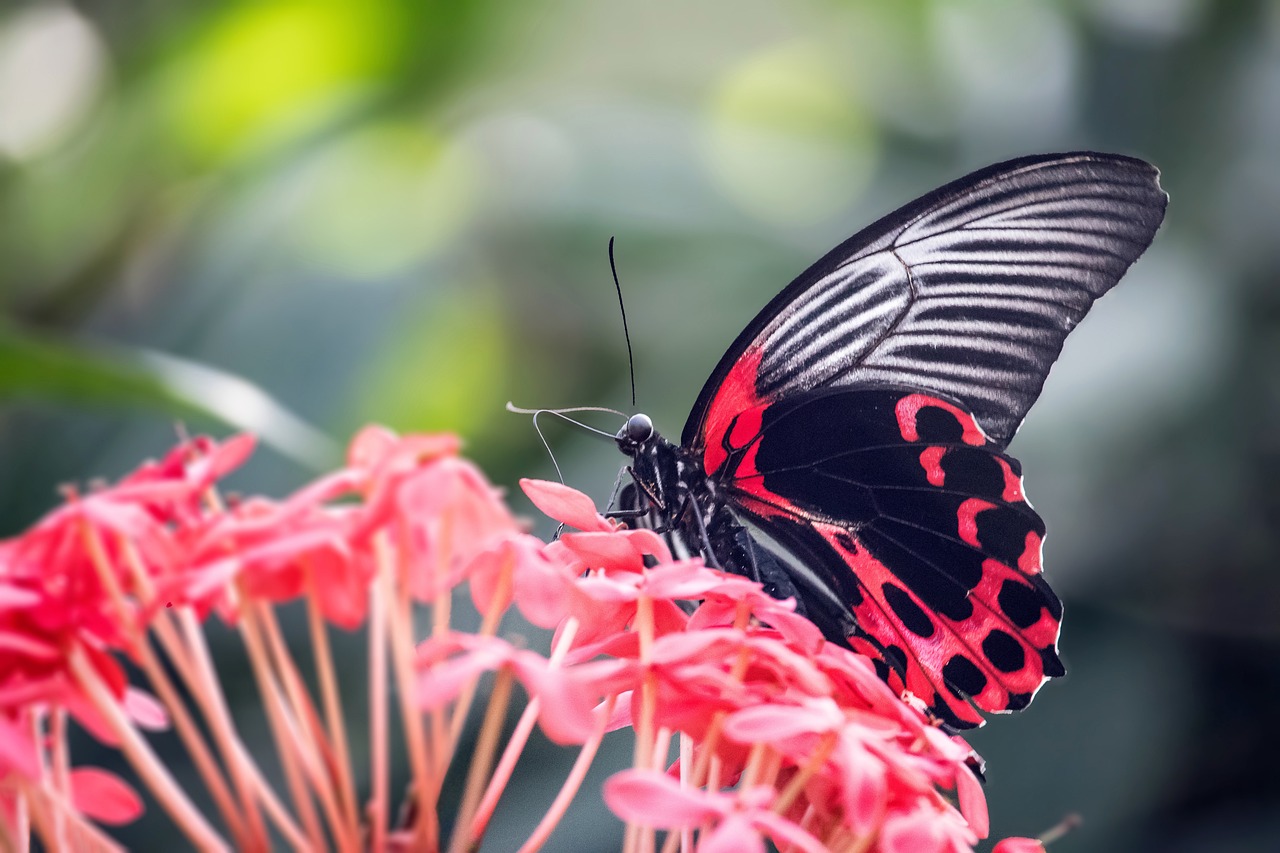Compost Tea for Organic Farming or Gardening
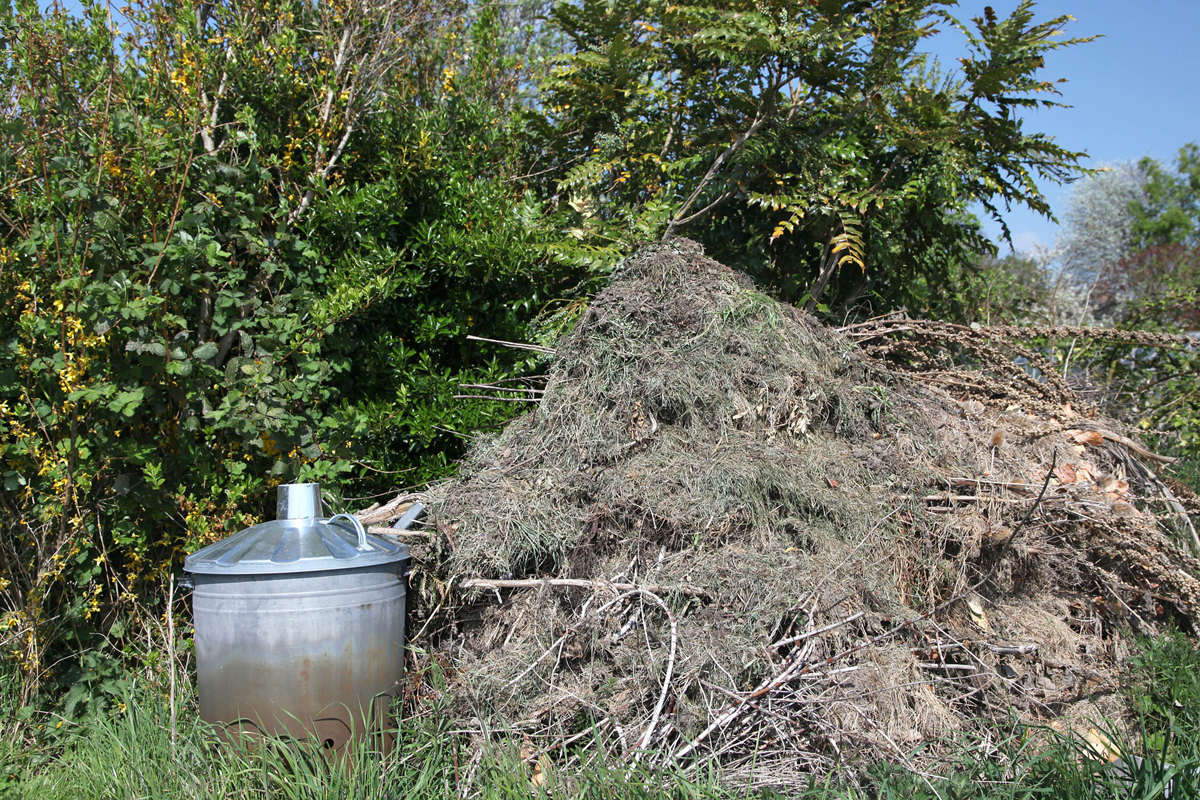
The most important part of organic gardening is to nourish the soil. Your plants will take their nourishment from the soil, and will only be as healthy as the soil is. The healthier your plants, the fewer of them will fall victim to garden pests. The soil, therefore, is the most important part of organic farming or gardening. Feed the soil, and the soil will feed the plants. Feed the soil compost tea, and you will have healthy, productive plants.
Compost tea for organic farming or gardening is easily made. You won’t need a teapot or hot, boiling water, but you will need the best compost you can purchase or make.
Compost is organic material produced when bacteria in the soil cause garbage and biodegradable trash to decompose. It is an organic fertilizer. Making compost requires regular turning of the pile, mixing the materials in it, and exposing them to air. It is an ongoing process, and is a good way to recycle kitchen scraps and other vegetable matter.
Compost tea for organic farming or gardening will only be as good as the compost you use to make it.
Reasons for Making Compost Tea
There are a number of organic fertilizers you can use on your organic garden or farm. Why would you want to get involved in brewing, straining, and spraying compost tea? Why not just work fresh compost directly into the soil?
The main reason for making compost tea for organic farming or gardening is that it helps you increase compost’s benefits. Compost tea can be sprayed on your plants’ leaves to reduce leaf disease. Sprayed compost tea can give your plants additional nutrients besides what they absorb through their roots.
Studies have shown that compost tea can increase the nutritional value of the vegetables that come to your table. It can also improve their flavor.
Compost Tea Recipe
Compost tea for organic farming or gardening can be mixed in large or small quantities, as needed. Our compost tea recipe is for a small quantity – about 2.5 gallons.
You will need these “aquarium” items from a pet store:
- 8 to 10 feet of air tubing
- 1 gang valve
- 3 bubblers, i.e. air stones
- 1 pump, large enough to run the 3 bubblers
- 2 5-gallon plastic buckets
- 1 stirring tool or stick
- 1 small bottle of organic unsulfured molasses
- 1 Tablespoon measure
- 1 old pillowcase or half of pantyhose for straining
Water: Well water may be used as is for compost tea, but water from a municipal supply contains chlorine, which will kill the beneficial organisms you need in your compost tea. Run the bubblers in municipal supply water for at least an hour before using it for compost tea.
Directions for Making Your Compost Tea
1. Hang the gang valve on the rim of one empty bucket.
2. Arrange the 3 bubblers on the bucket’s bottom. Cut 3 lengths of air tubing long enough to connect the bubblers to the gang valve. Leave an inch extra on each so they will not be dislodged when adding compost. Connect one end of each tube to a bubbler, the other end to the gang valve.
3. Add compost loosely on top of the bubblers (don’t pack) until the bucket is about one half full.
4. Cut a piece of tubing long enough to go from the gang valve to your pump. Attach both ends.
5. Add water to the bucket of compost until it is between 2 and 4 inches from the top.
6. Turn on the pump, and watch to be sure the bubblers are all activated.
7. When all 3 bubblers are working, add 2 Tablespoons of the molasses, and stir quickly. The molasses will feed the organisms you want to grow. After stirring, reposition the bubblers to be sure they are spaced evenly and sitting on the bottom.
8. Stir your compost tea several times each day. After each stirring, check the bubblers to be sure they are spaced evenly and sitting on the bottom.
9. Your compost tea will be done in 3 days. Turn off the pump, and remove the bubblers, etc. If you cannot use your compost tea immediately, continue aerating, but add 2 more Tablespoons of molasses to keep good organisms active.
Let the finished compost tea stand until the compost is well settled to the bottom. This should require 15 to 25 minutes. Strain the compost tea into your second bucket. Pour into a sprayer and apply.
The Author:
Anna Hart

